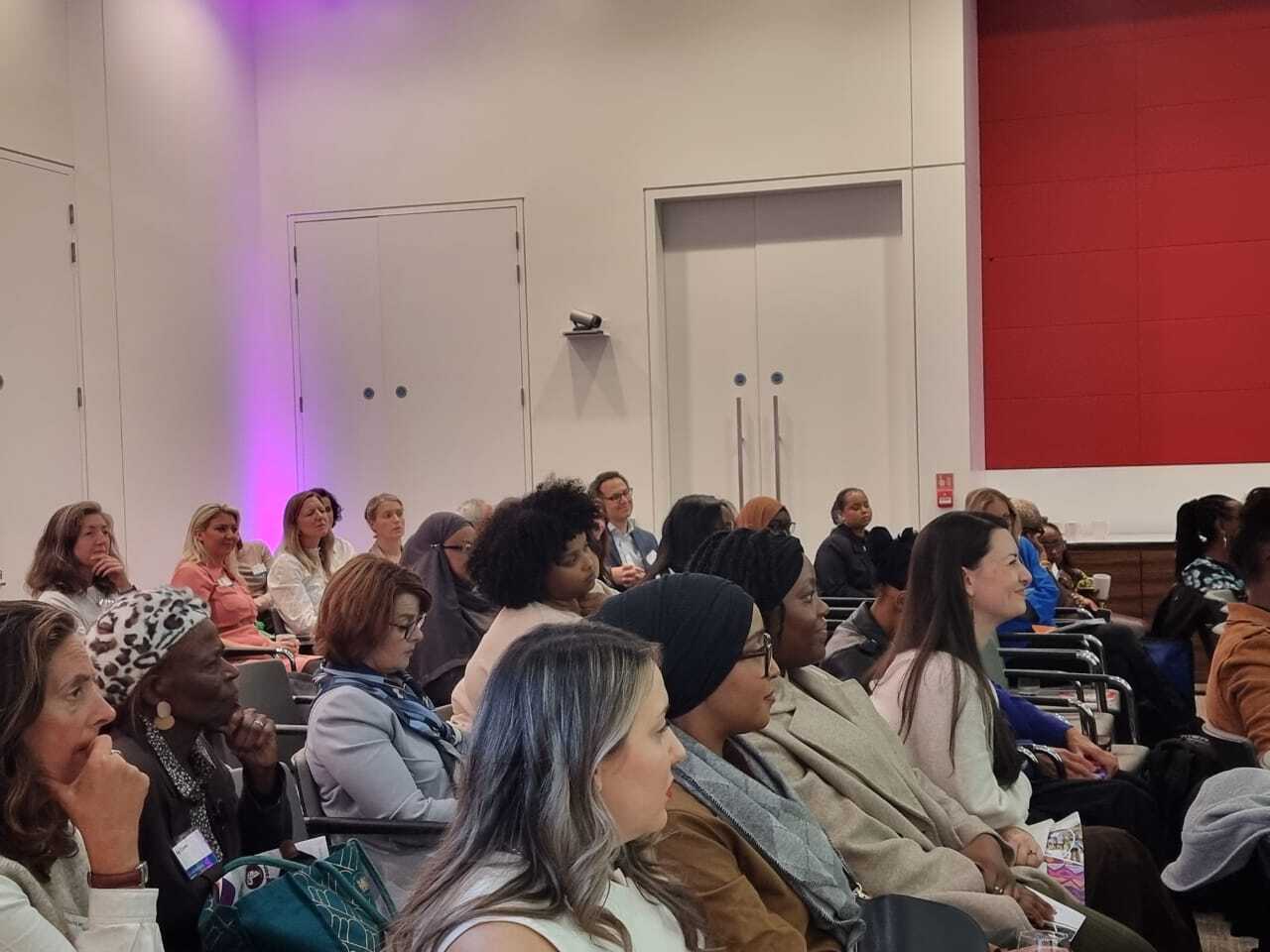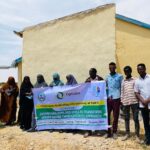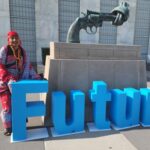Sarian Kamara remembered hearing Leyla speaking about her personal experience and how that encouraged her to know that what she was experiencing was not invalid. “Even though it was difficult to speak about FGM/C at first, knowing that others share similar experiences encouraged me to come forward.” Sarian Kamara- went ahead to join the end FGM/C movement as a UK Activist and Founder of Keep the Drums, Lose the Knife.
FGM/C is a global issue and this violence happens to girls and young women in the global north too. As families immigrate, they also migrate with their ways of life.” Said Sarian Kamara. As we celebrated 10 years of championing an End to FGM/C, we took time to reflect on how the journey has been and engaged some of the pioneering voices in the end FGM/C movement in the United Kingdom.
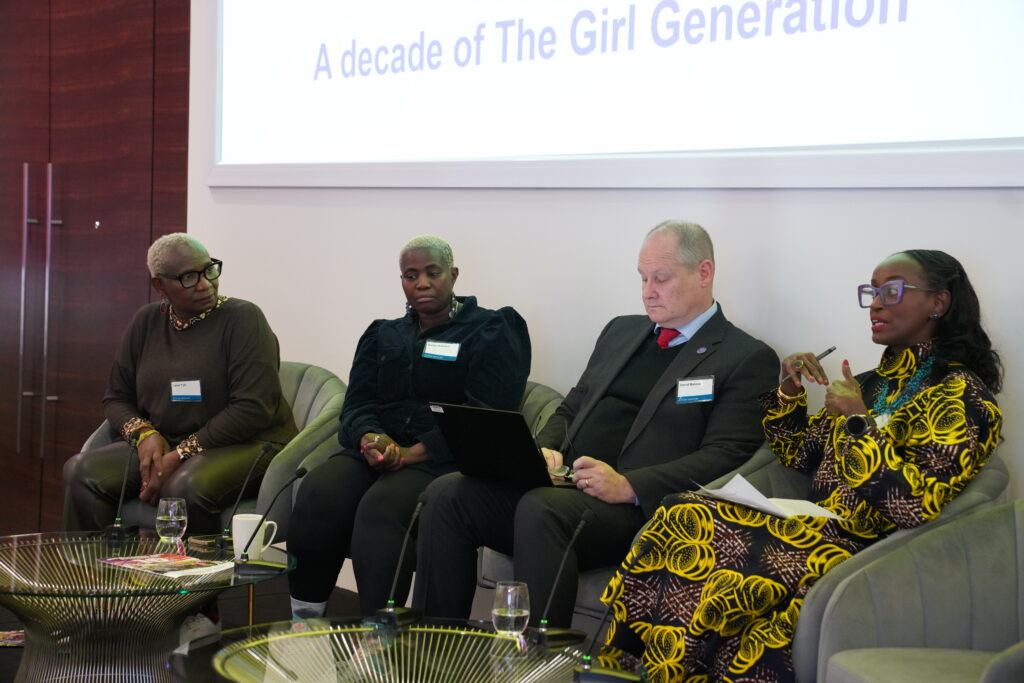
Decade of Progress – Reflections and Lessons Learned
“I remember the first phase of the programme and how grassroots organisations received small grants, which made the issue of FGM/C be brought to a global scale. It is important to continue coming together and supporting grassroots organisations. They are near the people and can educate and create more awareness of the dangers of this violence.” Said Sarian Kamara.
The speakers also discussed advances made in the health sector in terms of prevention and response to FGM/C. Dr. Janet Fyle, the Professional Policy Advisor at Royal College of Midwives, shared her journey in pursuing justice for survivors of FGM/C. This led her to investigate and contribute to the 2015 Serious Crime Act and UN adopting recommendations. Her work contributed to treating FGM/C to as a form of child abuse. She was also instrumental in leading policy changes that included health professionals’ obligation to report suspected FGM/C cases.
“Let’s look at what has been done and improve. The most important thing is to focus on the survivors. Additionally, don’t travel this journey alone- partnership and teamwork allows us to achieve more together.” Said Dr. Janet Fyle.
David Malone, the Deputy Chief Crown Prosecutor for Complex Casework and Rape and Serious Sexual Offences in London said, “We always remind ourselves that we are here to serve the people including victims and survivors of FGM/C. As an organization, we continue to be sensitive, and I’m on a journey of learning more. Prosecution is important, however, the challenge remains that family members are not keen to see their own going through prosecution. It’s been a journey as we try to improve access to justice.”
Justice for survivors of FGM/C certainly remains elusive. However, as Dr. Leyla put it, “Prosecution is important as survivors deserve justice. A family member subjecting their own to violence including FGM/C should not be an excuse for them not to go through prosecution.”
Naimah Ali, Mayor of Southwark, in her remarks, said, FGM/C happens in the UK too and we must continue to join efforts towards ending this violence. We must also remember it is not the fault of the survivors and we should treat them with dignity and empathy. People will not understand until you speak with survivors.”
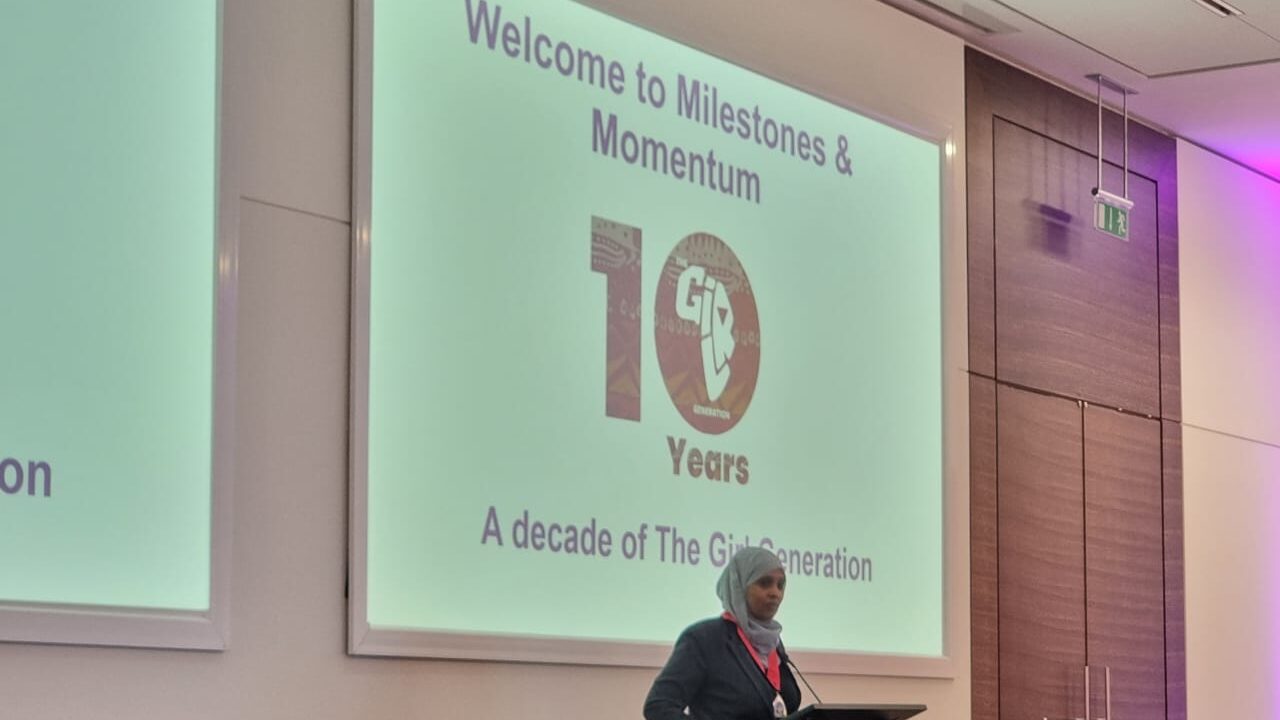
Looking Forward – Innovating, Acting, and Resourcing: Panel discussion
As we celebrated 10 years of championing an end to FGM/C, we recognize that there is still work to be done. FGM/C and other forms of gender-based violence persist. The next decade should focus on scaling up efforts, deepening partnerships, and expanding the reach to ensure that every girl can live with dignity, freedom, and the opportunity to achieve her dreams.
“Women and girls must be protected by the law so they can realize their rights. Their voices need to be heard. As a survivor of FGM/C, I have faced many challenges and losses, including the loss of two children. I know that by speaking up, I can encourage others to join the effort to protect girls and young women from similar challenges,” said Amina, a participant in the Survivors’ Initiative (SLI) based in Ethiopia.
Calleb Okoyo- Grants Lead for TGG-ALM spoke about the strategies that TGG-ALM uses to ensure that funds reach communities. “Funding survivors-led organisations is critical as they understand local issues and can reach many more. Grants is strengthening the capacity of SLI participants. Survivors of FGM/C who’ve gone through SLI are given grants to support more women and girls with emotional well-being tools.”
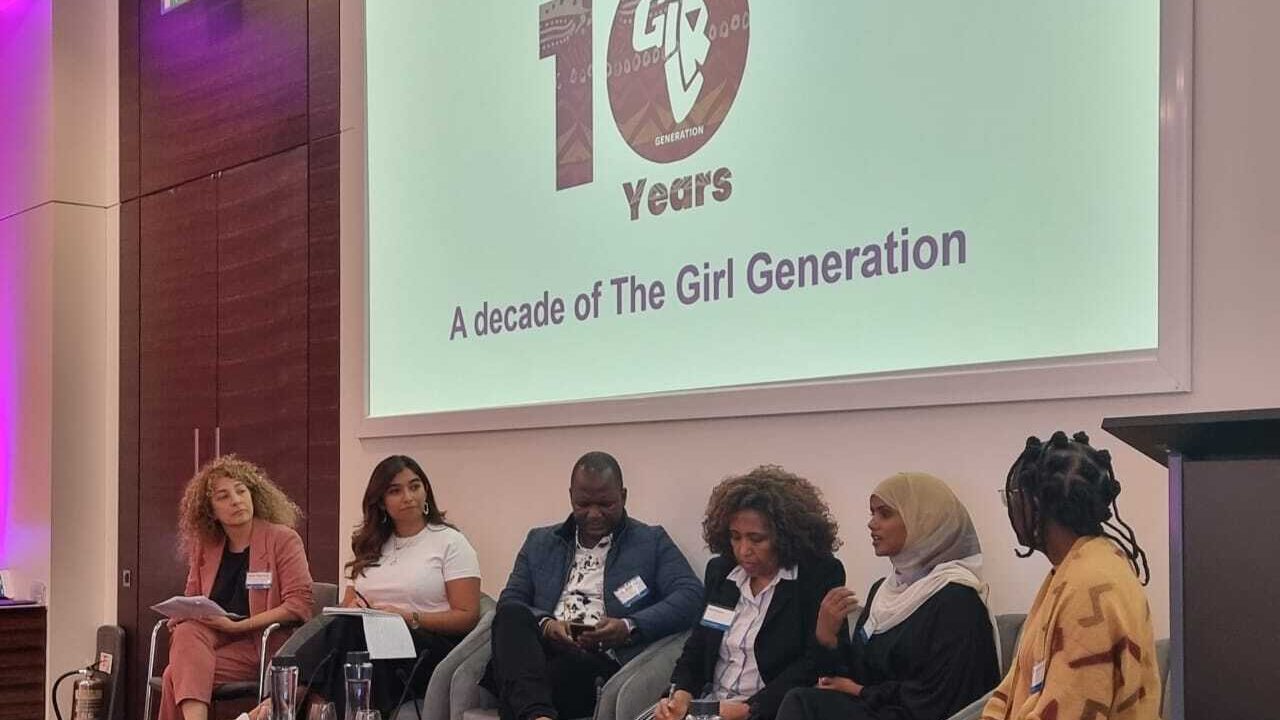
“Reframing the narrative on FGM/C is also becoming an important aspect of our collective efforts to end FGM/C. “Changing the narrative around FGM/C as violence and not culture is critical. Recently, the University of Birmingham’s research findings show that a girl dies every 12 minutes from FGM. How can we become more bolder in advocating for the end of FGM/C? Data and changing the narrative around it is critical. FGM/C is violence and should be treated as such.” Anush Aghabalyan, Ag. CEO and Head of Policy at Orchid Project.
“Events like this bring together people and activists. It’s powerful to be in this room to listen to reflections and our collective commitment to end FGM/C globally. FCDO recently moved FGM/C from Sexual Reproductive Health and Rights (SRHR) to the Ending Violence Department. We recognize the importance of calling FGM/C a human rights violation against women and girls, and it is more than an SRHR issue. We also work with programmes and organisations to ensure funding reaches grassroots organisations and put resources in the hands of the people who need them most as we do through TGG-ALM.” Kajal Mavji-Programme and Policy Manager, Ending Violence Team, FCDO.
“Donors and philanthropists are encouraged by impact and demonstration of need. Stories of change and scaling strategies are important, as we get to see where else the need is, and how we can partner with programmes to reach even more.” Said Kajal from FCDO.
“As TGG-ALM continues to put the voices of survivors of FGM/C at the forefront, support their healing journeys and ensure resources reach grassroots organisations as well as produce global goods with lessons and strategies from the field, we strongly believe in a future where girls and women can exercise their power and rights, have expanded choice and agency, and be free from all forms of violence.” Said Jacinta Muteshi, the Team Lead for TGG-ALM
A reception event was hosted by The Vavengers, a UK-based charity committed to ending Female Genital Mutilation/Cutting (FGM/C) and all other forms of Violence Against Women and Girls (VAWG).
Brief History
The Girl Generation Phase 1 (2014-2018) worked globally and in 10 of Africa’s countries most affected by FGM/C, and where the greatest change was possible. Phase 1 focused on uniting and empowering the movement, driving effective communications on FGM/C, using stories to showcase that change is possible and raising the profile of FGM/C in global spaces.
Phase 2 (2021-2027) of The Girl Generation-support to the Africa-led movement to end FGM/C is building on the foundations of phase 1, focusing on building a combination of evidence of what works or what does not work to reduce or end FGM/C in affected communities. The current programme is being implemented in four focal countries in select communities and we are producing Global Public Goods, which carry lessons that can be cascaded and contextualized in different communities. We are also working to increase community and global level commitment to end FGM/C.

